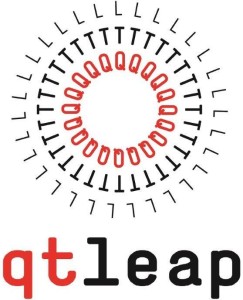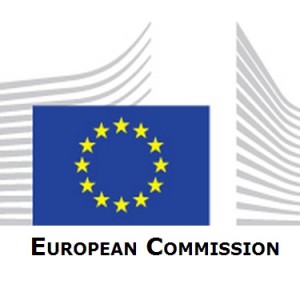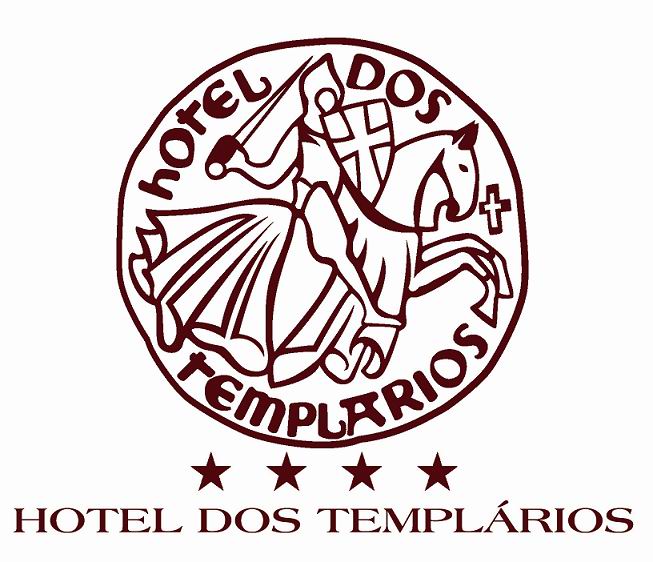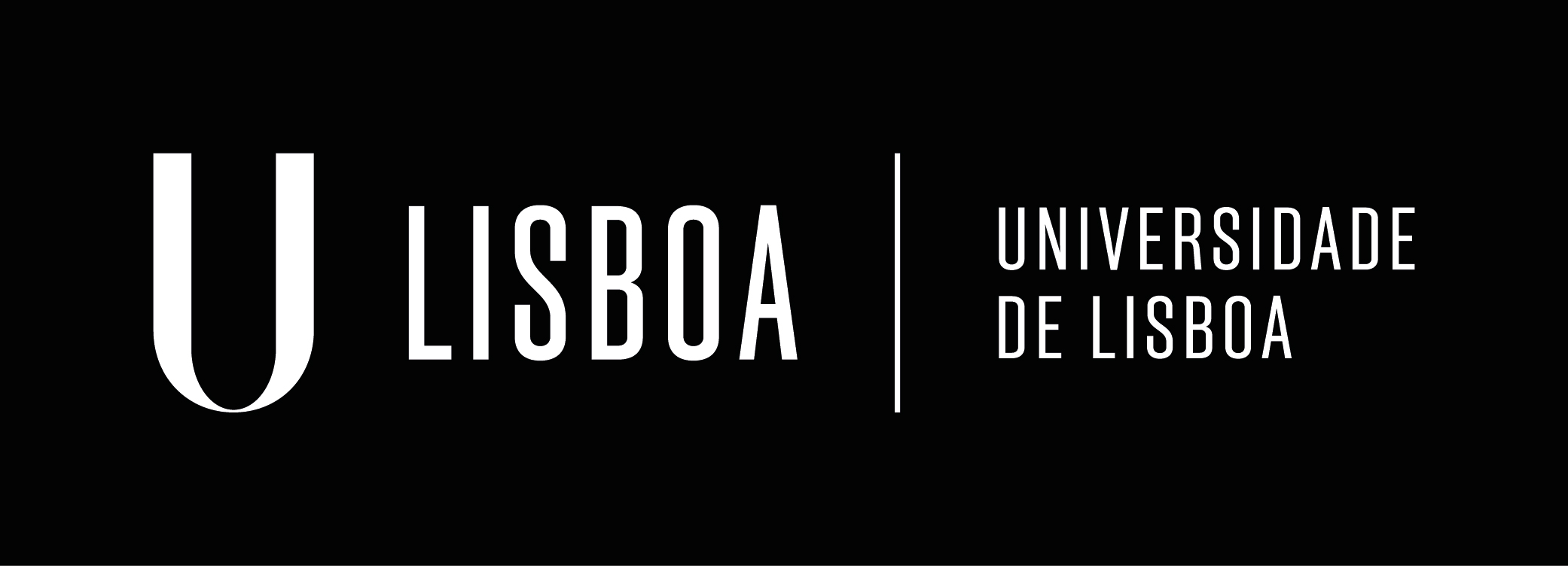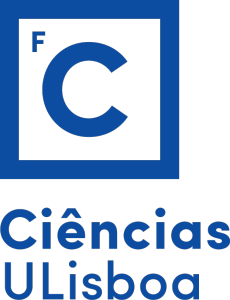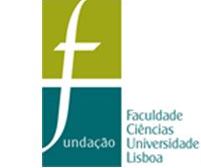(Third Workshop on Logics and Ontologies) (First Workshop on Lexical Semantics for Lesser-Resourced Languages)
Aims and Scope
Lexical semantics continues to play an important role in driving research directions in NLP, with the recognition and understanding of context becoming increasingly important in delivering successful outcomes in NLP tasks. Areas such as word sense and named entity disambiguation, coreference resolution and the creation and maintenance of dictionaries, annotated corpora and resources have been the cornerstones of lexical semantics research and produced a wealth of contextual information that NLP processes can exploit. New efforts both to link and construct from scratch such information – as Linked Open Data or by way of formal tools coming from logic, ontologies and automated reasoning – have increased the interoperability and accessibility of resources for lexical and computational semantics, even in those languages for which they have previously been limited.
LexSem+Logics 2016 combines the 1st Workshop on Lexical Semantics for Lesser-Resources Languages and the 3rd Workshop on Logics and Ontologies. Its aim is to bring together researchers interested in a range of topics across these two areas – advances in the recognition and disambiguation of lexical semantic units, exploiting new or existing tools for resolving lexical semantic issues in NLP, formal approaches on dealing with semantics, the combination of logical and statistical methods for acquiring and using ontologies for computational semantics, and many more. While the workshop will be co-located with PROPOR2016 and papers focusing on Portuguese are of course of interest, we encourage submissions that focus on any language for which lexical resources have traditionally been scarce.
LexSem+Logics 2016 is endorsed by SIGLEX – ACL Special Interest Group on the Lexicon.
Invited Speakers
- Hugo Gonçalo Oliveira (University of Coimbra, Portugal) – ‘Portuguese Lexical Knowledge Bases’
- Pablo Gamallo (University of Santiago de Compostela, Spain) – ‘Strategies for Open Information Extraction’
Accepted Papers
- Felipe Islaji de Albuquerque and Hugo Gonçalo Oliveira. Dicionário Creativo: The Construction of a Fuzzy Onomasiological Thesaurus from Multiple Sources
- Livy Real and Valeria de Paiva. Plurality in Wordnets
- Valeria de Paiva and Livy Real. Universal POS Tagging for Portuguese: Issues and Opportunities
Workshop Proceedings
Proceedings of the LexSem+Logics 2016 Workshop
Workshop Program
- 12:00pm-12:30pm – Invited Talk: Hugo Gonçalo Oliveira
Portuguese Lexical Knowledge Bases - 12:30pm-13:30pm – Lunch
- 13:30pm-14:00pm – Livy Real & Valeria de Paiva
Plurality in Wordnets - 14:00pm-14:30pm – Felipe Islaji de Albuquerque and Hugo Gonçalo Oliveira
Dicionário Creativo: The Construction of a Fuzzy Onomasiological Thesaurus from Multiple Sources - 14:30pm-15:00pm – Valeria de Paiva & Livy Real
Universal POS Tagging for Portuguese: Issues and Opportunities - 15:00pm-16:00pm – Invited Talk: Pablo Gamallo
Strategies for Open Information Extraction - 16:30pm-17:00pm – Coffee Break (in Lobby Bar)
Organizing Committee
- Steven Neale (chair) – University of Lisbon, Portugal
- Valeria de Paiva – Nuance Communications, USA
- Arantxa Otegi – University of the Basque Country, Spain
- Alexandre Rademaker – IBM Research Lab & FGV/EMAp, Brazil
Program Committee
- Cláudia Freitas – PUC-Rio, Brazil
- Nuno Mamede – INESC-ID, Portugal
- Gerard de Melo – Tsinghua University, China
- Hugo Gonçalo Oliveira – University of Coimbra, Portugal
- Petya Osenova – Bulgarian Academy of the Sciences, Bulgaria
- Thiago Pardo – Univeristy of São Paulo (São Carlos), Brazil
- Adam Pease – Articulate Software, USA
- Livy Real – IBM Research Lab, Brazil
- Kiril Simov – Bulgarian Academy of the Sciences, Bulgaria
Topics of Interest
The workshop invites papers on a range of topics, including (but not limited to):
- recognition, classification and disambiguation of lexical semantic units
- extracting knowledge using lexical semantic units
- ontologies, datasets and representations of knowledge
- logic for semantics of lexical semantic units, sentences, discourse and dialog
- formal tools in ontology creation, re-use and evaluation
- formal tools in textual inference, such as logics for natural language inference
- formal approaches to unifying data-driven and declarative approaches to semantics
- (open) linking of ontologies, resources and datasets
Papers and Publication
Papers of up to 8 pages in length (+2 pages for references) are invited. Papers should follow the same template as the main PROPOR conference (found here) and can be submitted through the workshop’s EasyChair submissions page.
The proceedings will be made available on this page by the date of the workshop itself, as well as on a yet-to-be-decided online open-access publication repository. Hard copies will also be provided to attendees.
Important Dates
- 15th April – deadline for submissions *EXTENDED*
- 16th May – notification of authors
- 27th May – camera-ready deadline
- 13th July – workshop
Contact
Questions about LexSem+Logics 2016 may be sent to steven.neale @ di.fc.ul.pt
